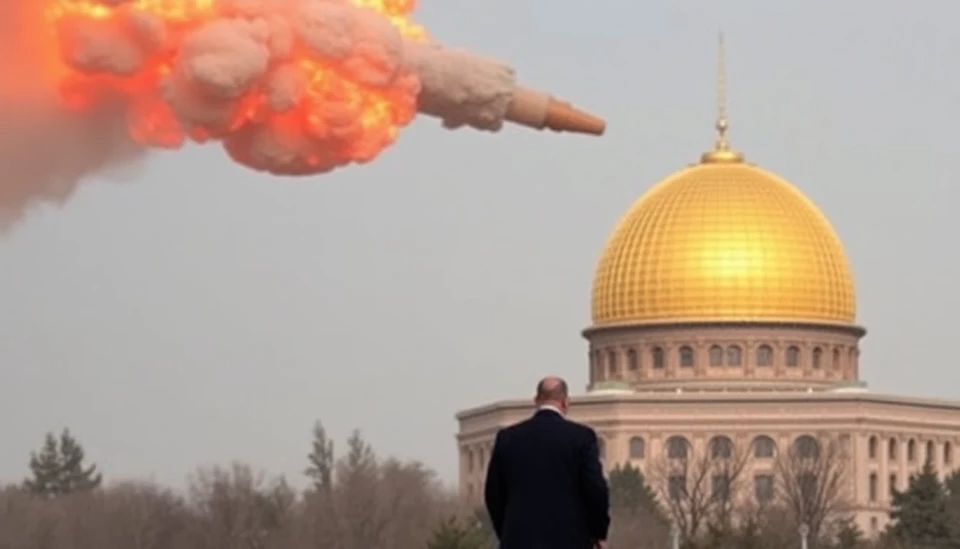
In a bold move that echoes international military strategies, former President Donald Trump has laid out his vision for an innovative defense mechanism he’s calling the “Golden Dome.” Aimed at mirroring the success of Israel's Iron Dome, this proposed system seeks to protect American cities from aerial attacks while re-igniting national discussions around defense spending and military preparedness.
The Iron Dome has garnered global attention for its air defense capabilities, successfully intercepting rockets and missiles in real-time, saving countless lives in Israel. Trump’s Golden Dome would attempt to replicate these feats, taking cues from advanced technologies employed by the Jewish state, yet adapting them for American infrastructure and threat landscapes.
Strategists and military experts have pointed out that for Trump’s vision to materialize, several key components need to be effectively addressed. First and foremost is the integration of cutting-edge technology that can detect and neutralize incoming threats. This involves significant research and development, as existing systems must be tested under diverse conditions to ensure reliability and effectiveness.
Furthermore, funding remains a critical barrier. Trump’s recent statements suggest that a fiscal plan to support the development of the Golden Dome would require extensive lobbying and cooperation from Congress. The balance between defense spending and other budgetary demands will be a contentious debate within legislative circles, especially considering the context of national debt and economic recovery post-pandemic.
Public perception also plays a crucial role in Trump's initiative. Just as the Iron Dome has become a point of pride and controversy in Israel, the Golden Dome would likely evoke a spectrum of opinions among American citizens. Proponents argue that stronger national defense mechanisms can bolster safety and peace of mind, while critics may contend that funds could be better allocated to social programs or infrastructure development.
International relations are another facet to consider, particularly in context with the Middle East. Trump's administration has long touted military alliances with Israel, and the introduction of the Golden Dome could be seen as an effort to solidify that bond. However, critics warn that such a defense expansion risks escalating arms races and could provoke adversaries who view it as a direct threat.
Experts predict that if Trump were successful in initiating the Golden Dome project, it could transform the landscape of U.S. military operations. Emphasizing not only defense but also technological innovation, the project could set a precedent for future advancements, influencing how the military approaches threat detection and automated responses.
As Trump continues to rally support for his vision, the Golden Dome concept serves as a rallying cry for defense enthusiasts and a battleground for political discourse. Will this transformative concept translate into actionable policy? Only time, and the upcoming political climate, will tell.
In summary, the Golden Dome represents more than just a defense initiative; it poses significant questions about funding, technology, and international diplomacy. As the possibility of its implementation unfolds, it will undoubtedly shape conversations about America's security and military future.
#GoldenDome #TrumpDefense #IronDome #MilitaryInnovation #NationalSecurity #USDefenseStrategy #PoliticalDebate #IsraelRelations
Author: John Harris




